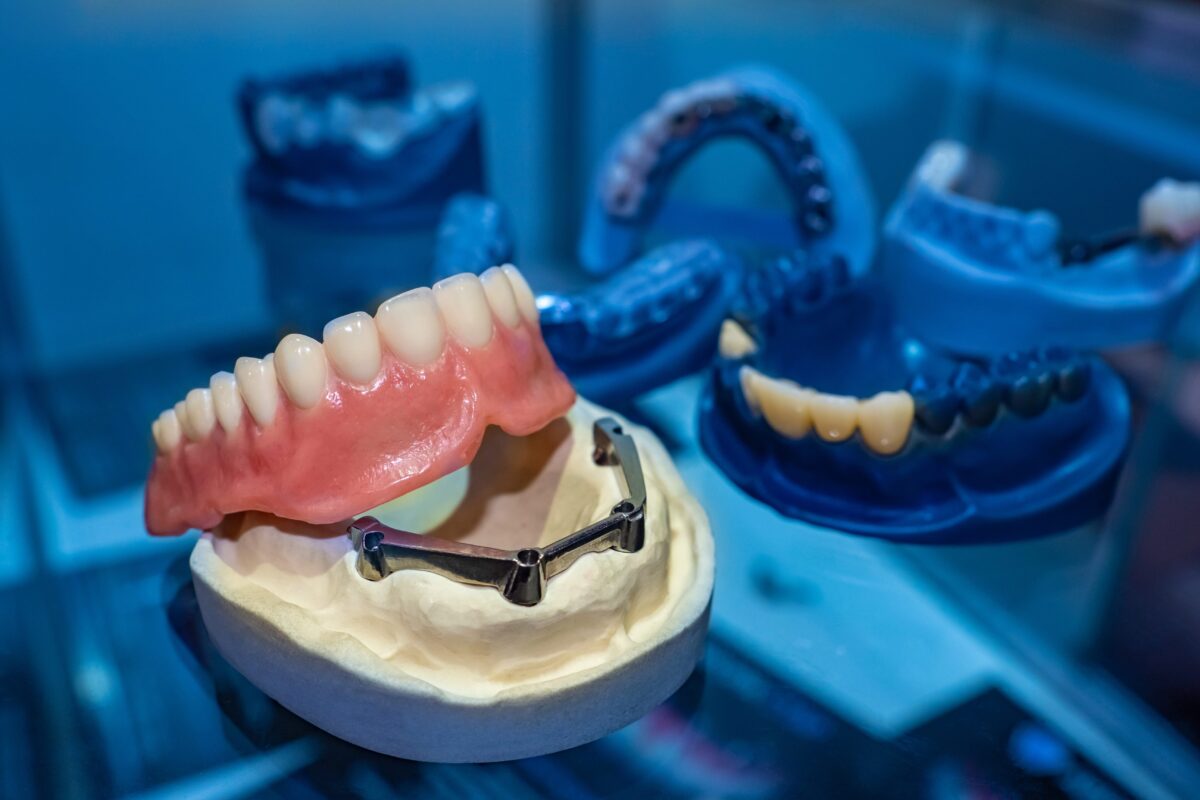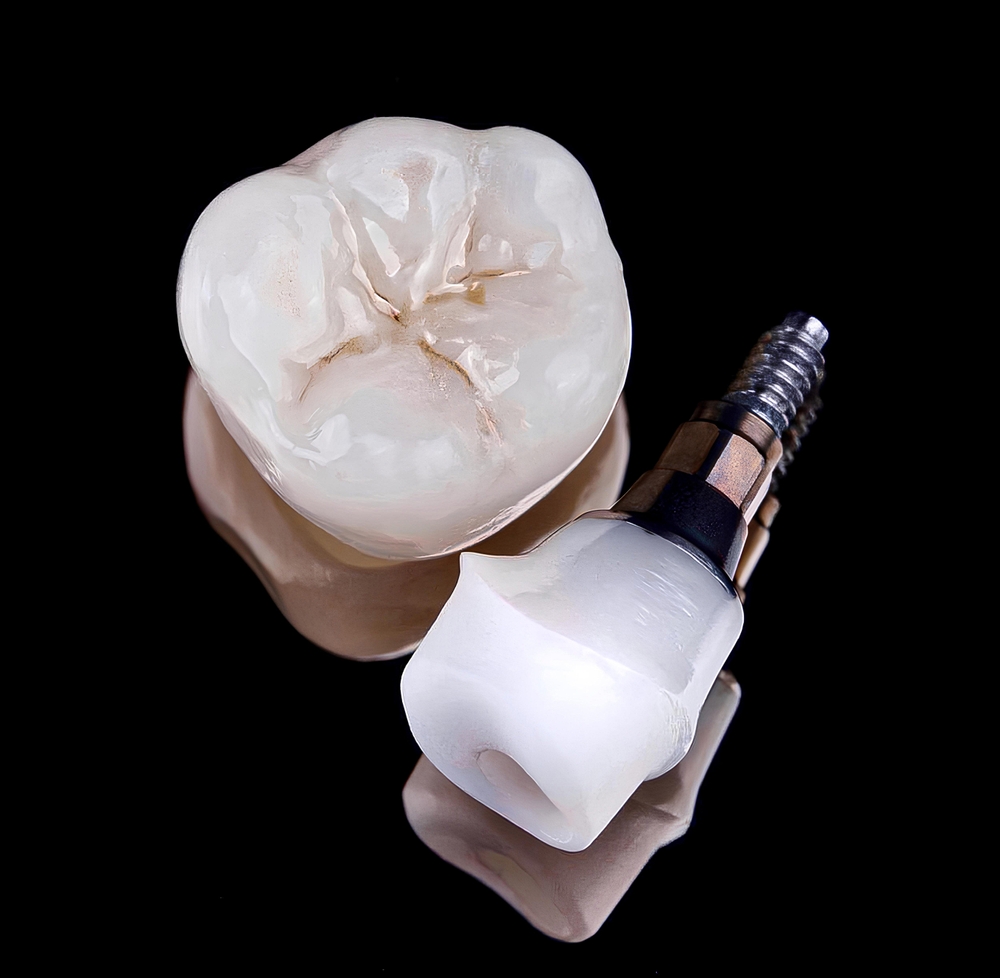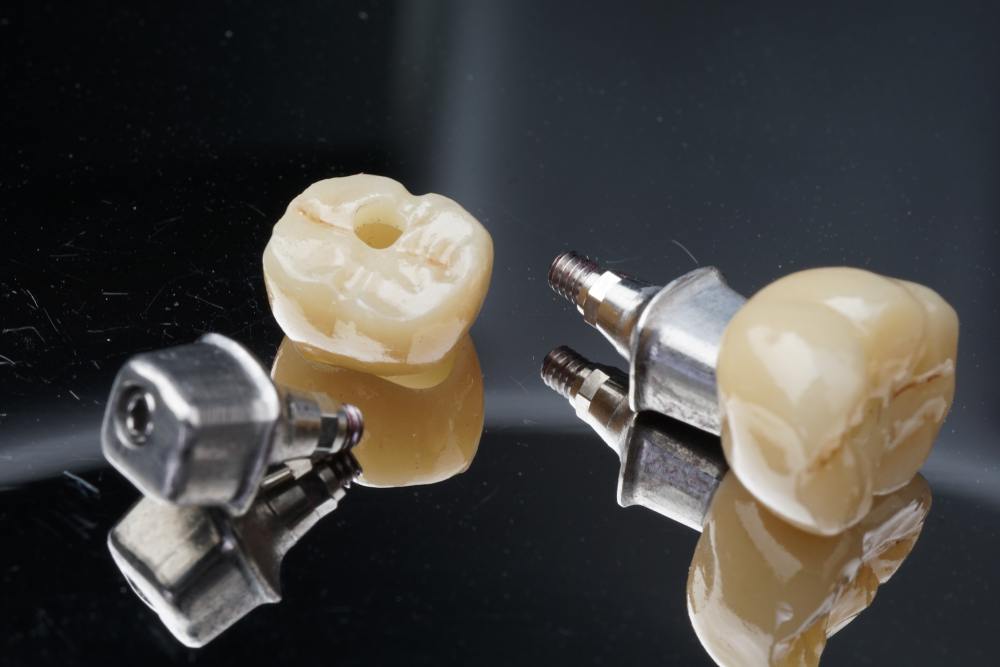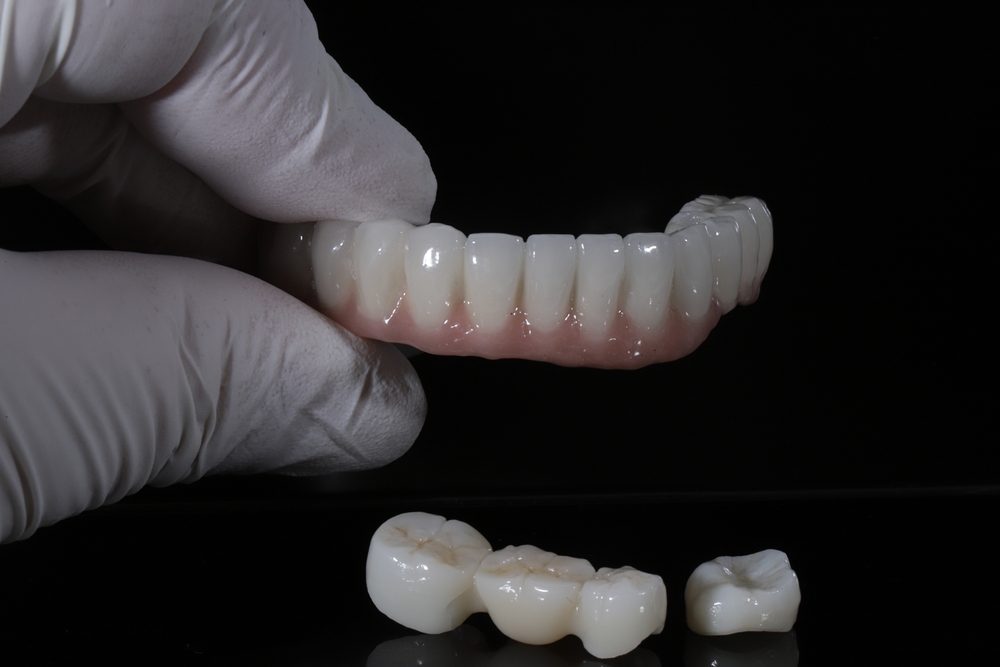When it comes to restoring lost teeth and enhancing oral functionality, dental prosthetics play a vital role. Among the various options available, removable dental prosthetics have gained significant popularity in recent years. These removable devices, such as dentures and removable partial dentures, offer numerous advantages for patients seeking effective and affordable tooth replacement solutions. In this blog, we will explore the advantages of removable dental prosthetics and why they continue to be a preferred choice for many individuals.
Types of Removable Dental Prosthetics
There are several types of removable dental prosthetics available, each designed to address specific dental needs and conditions. Let’s explore the different types and their descriptions:
Complete Dentures:
Complete dentures are full sets of artificial teeth that replace all the teeth in either the upper or lower jaw, or both. These prosthetics are used when a patient has lost all of their natural teeth due to decay, gum disease, or trauma. Complete dentures rest on the gums and are typically made of acrylic or a combination of acrylic and metal. They are custom-made to fit the patient’s mouth and provide functional chewing and speaking abilities.
Partial Dentures:
Partial dentures are used when some natural teeth remain in the mouth. They consist of replacement teeth attached to a metal or acrylic base that matches the color of the gums. Partial dentures are designed to fill in the gaps left by missing teeth, improving aesthetics and restoring chewing functionality. They are held in place by clasps that grip onto the adjacent natural teeth.
Overdentures:
Overdentures are a type of denture that is supported by dental implants or remaining natural teeth. They provide improved stability and retention compared to traditional complete or partial dentures. Overdentures can be removable, allowing for easy cleaning and maintenance, or they can be permanently fixed onto dental implants for enhanced stability.
Immediate Dentures:
Immediate dentures are prosthetics that are inserted immediately after the extraction of natural teeth. These dentures are created in advance based on impressions taken before the teeth are extracted. Immediate dentures provide immediate tooth replacement, allowing patients to maintain their appearance and oral functionality during the healing process. However, adjustments may be necessary as the gums and underlying bone heal and shrink.
Flipper Dentures:
Flipper dentures, also known as temporary dentures, are lightweight and often used as a temporary solution while a more permanent dental restoration is being planned or fabricated. They are typically made of acrylic and have one or more artificial teeth attached to a plastic plate that rests against the roof of the mouth or the gums. Flipper dentures are easily removable and are commonly used after tooth extractions or during the healing period after dental implant surgery.
Snap-on Dentures:
Snap-on dentures, also called implant-supported dentures or overdentures, combine the stability of dental implants with the convenience of removable dentures. These dentures are securely attached to dental implants using special attachments or snaps. The dental implants provide a strong foundation, preventing the dentures from slipping or shifting during eating or speaking. Snap-on dentures offer improved comfort and confidence compared to traditional removable dentures.
The Advantages of Removable Dental Prosthetics
Improved Aesthetics:
One of the primary concerns for individuals with missing teeth is the impact on their smile and facial appearance. Removable dental prosthetics are designed to closely resemble natural teeth, providing an aesthetically pleasing and natural-looking smile. Skilled dentists can create custom-made prosthetics that match the shape, size, and color of the existing teeth, enhancing the patient’s overall appearance and boosting self-confidence.

Restored Chewing and Speaking Functionality:
Missing teeth can significantly impair a person’s ability to chew food properly and speak clearly. Removable dental prosthetics address these functional concerns by restoring the ability to bite and chew efficiently. Patients can enjoy a wider variety of foods, improving their overall nutrition and well-being. Moreover, these prosthetics provide support to the lips and cheeks, helping patients articulate words more clearly, thereby restoring their speech.
Cost-Effective Solution:
Compared to other tooth replacement options like dental implants, removable dental prosthetics are generally more affordable. The cost of dental implants can be considerably higher due to the surgical procedures involved, whereas removable prosthetics are typically less expensive and accessible to a broader range of patients. This cost-effectiveness makes them an attractive choice for individuals with budget constraints.
Non-Invasive and Reversible:
Removable dental prosthetics do not require invasive surgical procedures. The process of obtaining removable prosthetics usually involves taking dental impressions and measurements to create custom-fit appliances. This non-invasive nature makes them suitable for patients who may not be eligible for dental implants or who prefer a reversible solution. The ability to remove the prosthetics also allows for easy cleaning and maintenance, ensuring good oral hygiene.
Versatility and Adjustability:
Removable dental prosthetics offer versatility and adjustability to accommodate changes in the mouth over time. As the jawbone structure may alter or shrink with age, these prosthetics can be easily adjusted or relined by a dentist to ensure a proper fit. Additionally, if further teeth are lost in the future, the prosthetics can be modified to incorporate the new gaps without requiring a complete overhaul of the appliance.
In Conclusion:
Removable dental prosthetics have several advantages that make them a valuable solution for patients seeking tooth replacement options. From improving aesthetics and restoring chewing functionality to being cost-effective and adjustable, these prosthetics offer a practical and accessible choice for many individuals. If you are considering tooth replacement, consult with your dentist to determine if removable dental prosthetics are the right option for you. Remember, a healthy and confident smile is within reach with the advancements in modern dentistry.




